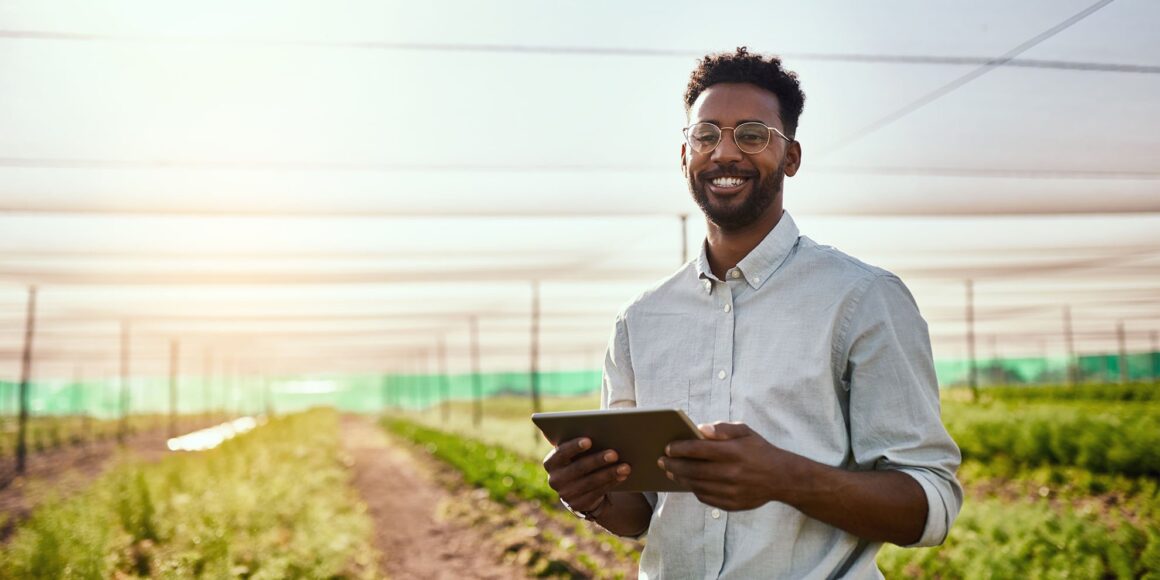| Getting your Trinity Audio player ready... |
Over the last 50 years, the agricultural business has seen tremendous transformation.
Farming equipment has grown in size, speed, and productivity, allowing for more efficient cultivation of bigger plots of land. Irrigation and fertilizers have also increased significantly, allowing farmers to enhance output.
According to the UN, the world’s population is on track to reach 9.7 billion by 2050, necessitating a 70% increase in calories available for consumption, even as the cost of the inputs required to create those calories rises. It is predicted that by 2030, we will fall 40% short of fulfilling global water supply demands, and growing energy, labor, and fertilizer costs are already putting pressure on business margins.
Agricultural development is critical to combating poverty all around the world. Take, for example, India. In 2019, the country exported $38.54 billion, and agriculture supports 70% of rural families.
Agriculture is in the early stages of yet another revolution, the technological revolution, following the pandemic. Artificial intelligence, analytics, linked sensors, and other developing technologies have the potential to boost yields, enhance water efficiency and other inputs, and promote sustainability and resilience in agricultural production and animal husbandry.
Fintechs are at the core of this change, and it is via their services and solutions that farmers will be able to access credit and increase the power of financial inclusion. According to recent research, if agricultural connection is properly implemented, the industry might add $500 billion to the global GDP by 2030.
So, how is the fintech industry helping to drive the agricultural revolution?
Two fintechs in particular have piqued my interest.
The first is BPC, which launched Safal Fasal (which translates as “successful harvest” in Hindi) in December 2019, India’s first agritech marketplace. It is based on the goal of leveraging technology to help farmers gain access to input, finance, insurance, and consulting services.
The platform has graciously accepted 500,000 farmers who have been mentored by a variety of organizations, including the Reliance Foundation, PWC, Tanager, Dr. Reddy’s Foundation, and JSW Foundation. It also connects them with buyers and other partners like Bayers, Fino Payments Bank, and ICICI Bank, to name a few.
The three-month trial phase has effectively strengthened the sector, with operations beginning in Gujarat and Andhra Pradesh. Farmers may sell their goods to FMCG or wholesalers online for a better price and gain more publicity than they could ever think.
As the marketplace’s trial phase drew to an end in March 2020, the unanticipated Covid-19 epidemic arrived with little time to respond. To improve education and reach, the idea evolved into an online marketplace combined with on-field meetings.
“This success would not have been achievable without employing the correct communications approach,” says Nadia Benaissa, global marketing director at BPC. We needed to construct community-based, language-specific, and gender-specific communication lines with our network of partners to earn farmers’ confidence and produce value for all players in this ecosystem.”
The second company I’d like to discuss is Ant Group, which is a subsidiary of Alibaba. The firm has been collaborating with MYBank to launch a new product named ‘Tomtit’. This product enables farmers to use a smartphone app to locate their farmland via satellite imaging, and then have AI technology identify the type of crops planted in the associated area, allowing the bank to identify this and offer the farmers corresponding loans for their planting and harvesting financing needs.
The advent of sectors such as fintech demonstrates how technological improvements have changed the social and economic environment. Agriculture, the oldest business in human history, may enjoy quick development and sustainability by appropriately using current technology’s financial and communication applications. Companies such as BPC and Ant Group have recognized the importance of communication in pushing actions that improve sustainability. Getting farmers and others on board with the initiatives would have been challenging without adequate communication.
Let us hope that more fintech businesses will follow suit and help to shape the agricultural sector’s evolution.





